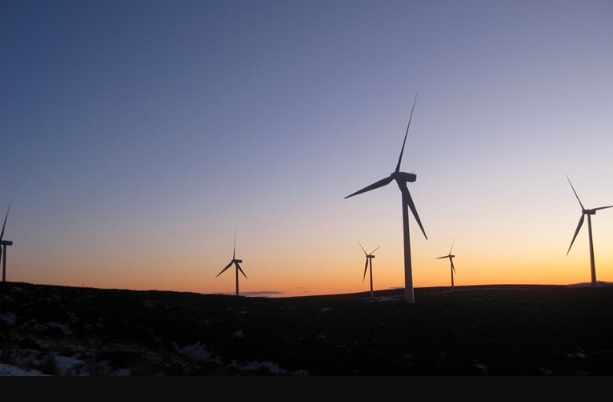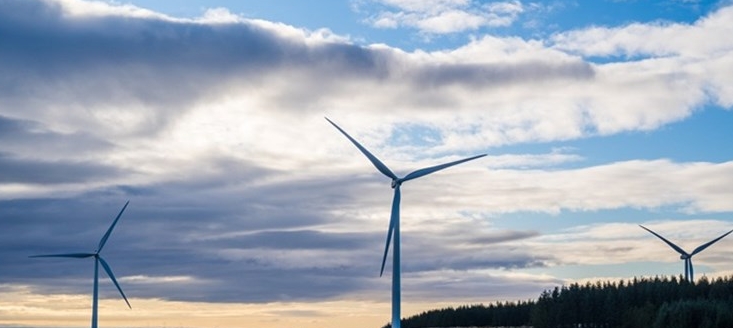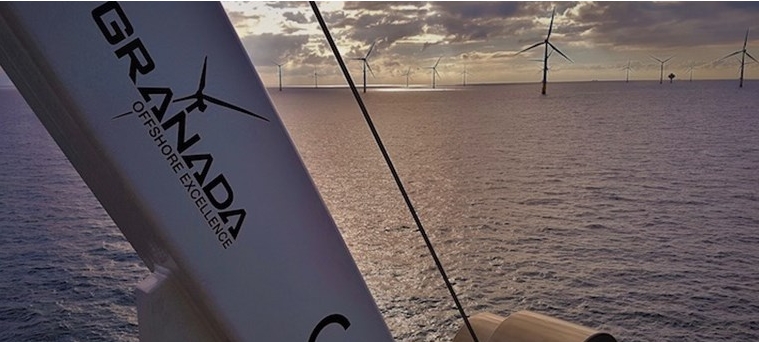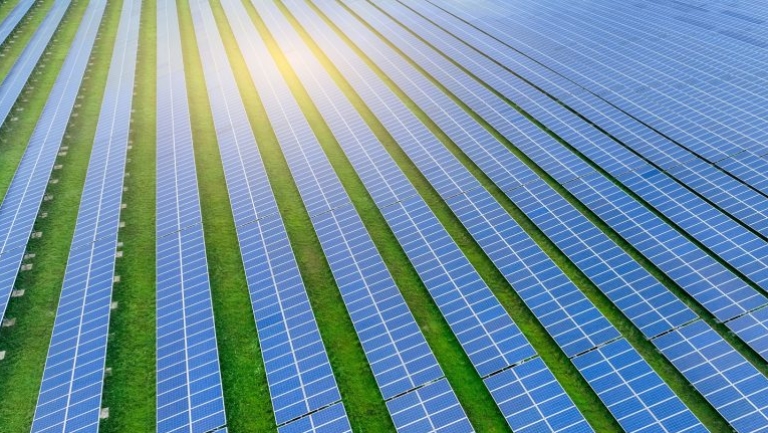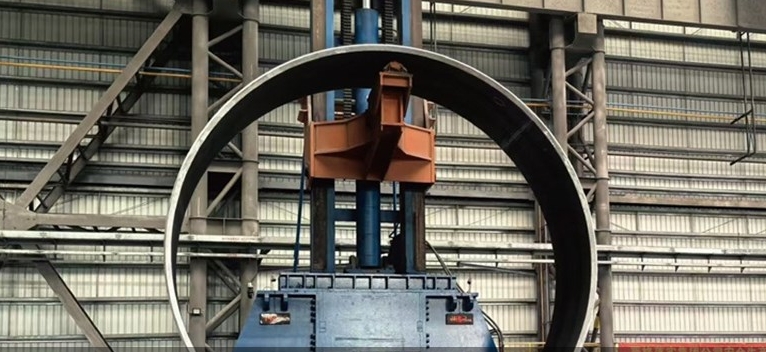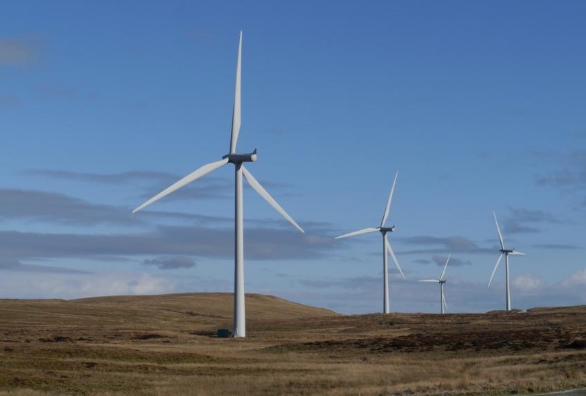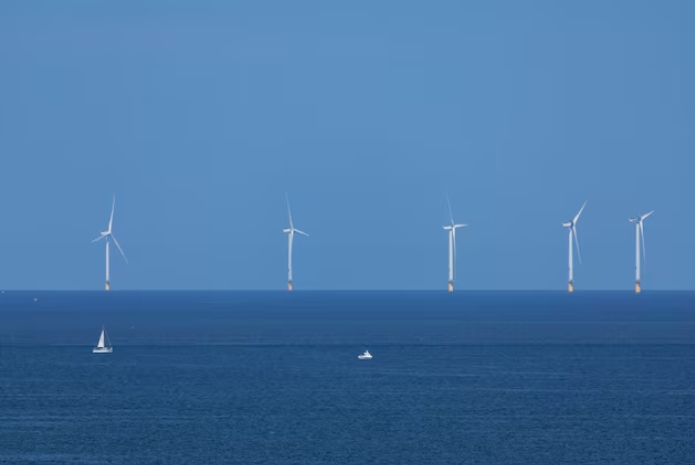The refuelling station is capable of producing hydrogen to operate approximately two fuel cell forklifts per day which can be fully charged in approximately three minutes.
H2 Kusatu Farm produces hydrogen gas by using two methods: water electrolysis and the production of hydrogen through utilising compact hydrogen production equipment in combination with a gas reforming process.
The two methods enable the station to produce a stable supply of hydrogen regardless of weather conditions.
Back in 2009, Panasonic launched the world’s first residential fuel cell titled “Ene-Farm” in Japan which generates electricity and heat using hydrogen extracted from city natural gas. Since then, the company has made stronger development efforts to offer longer lifetime, higher efficiency, and a smaller size.
Based on its experience, Panasonic is now developing a pure hydrogen fuel cell that generators power efficiently using hydrogen as a fuel source.
Panasonic hopes to accelerate the development of hydrogen production technology and equipment while verifying a stable operability and economic viability of hydrogen energy.
